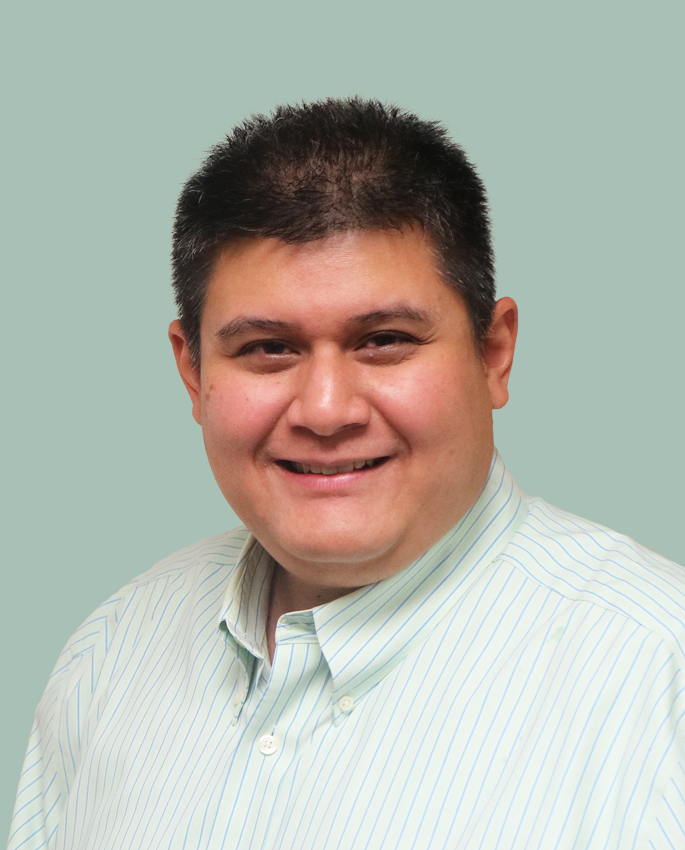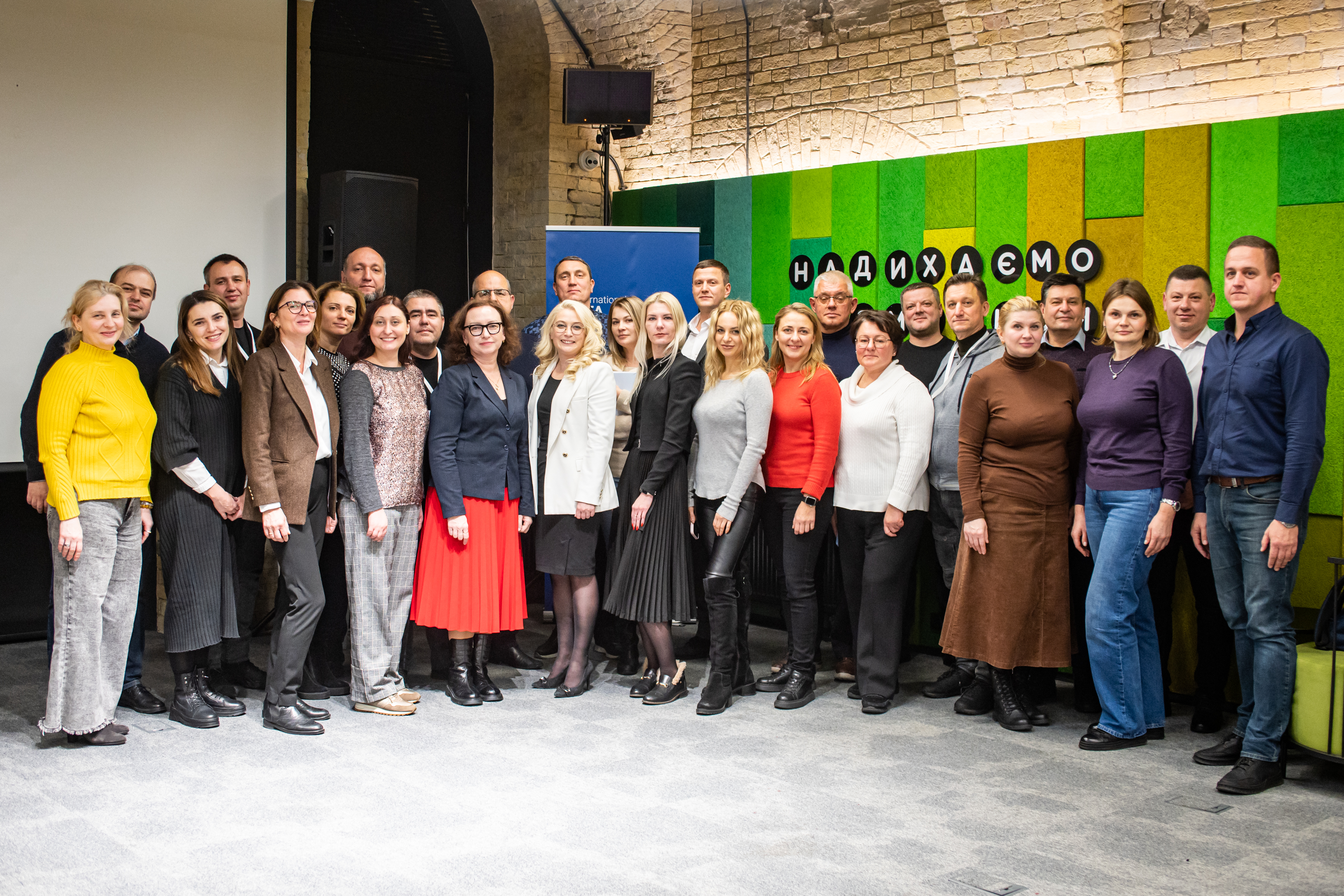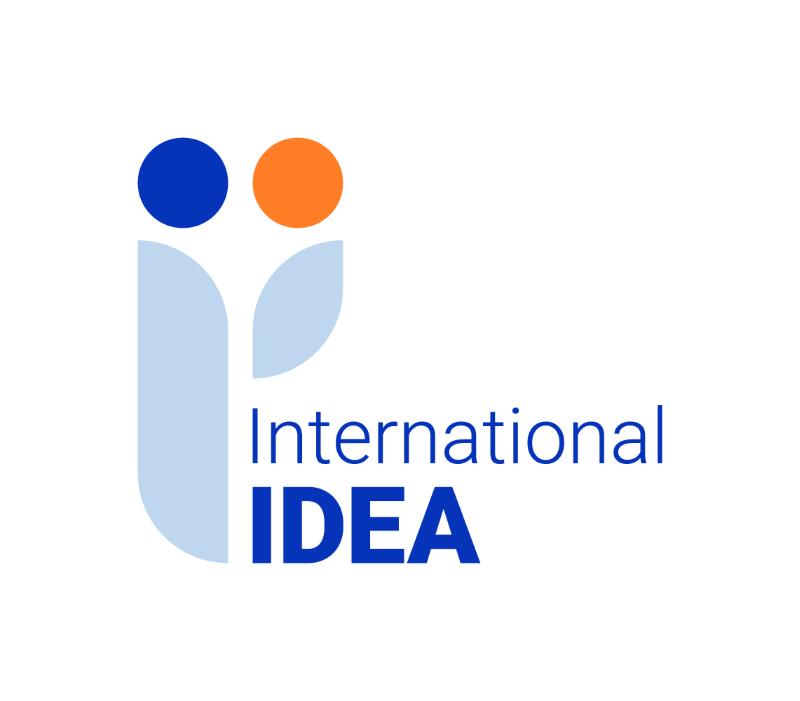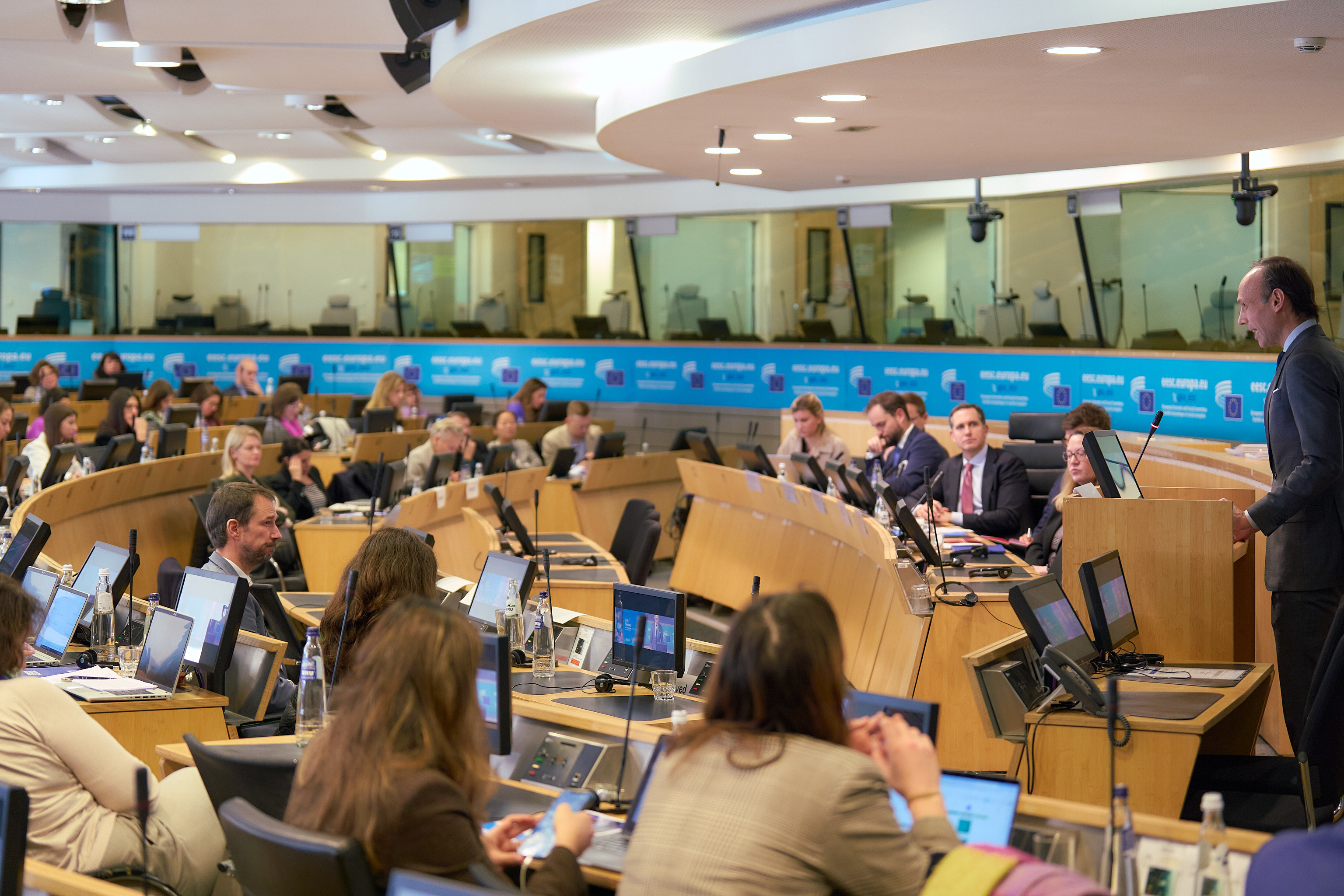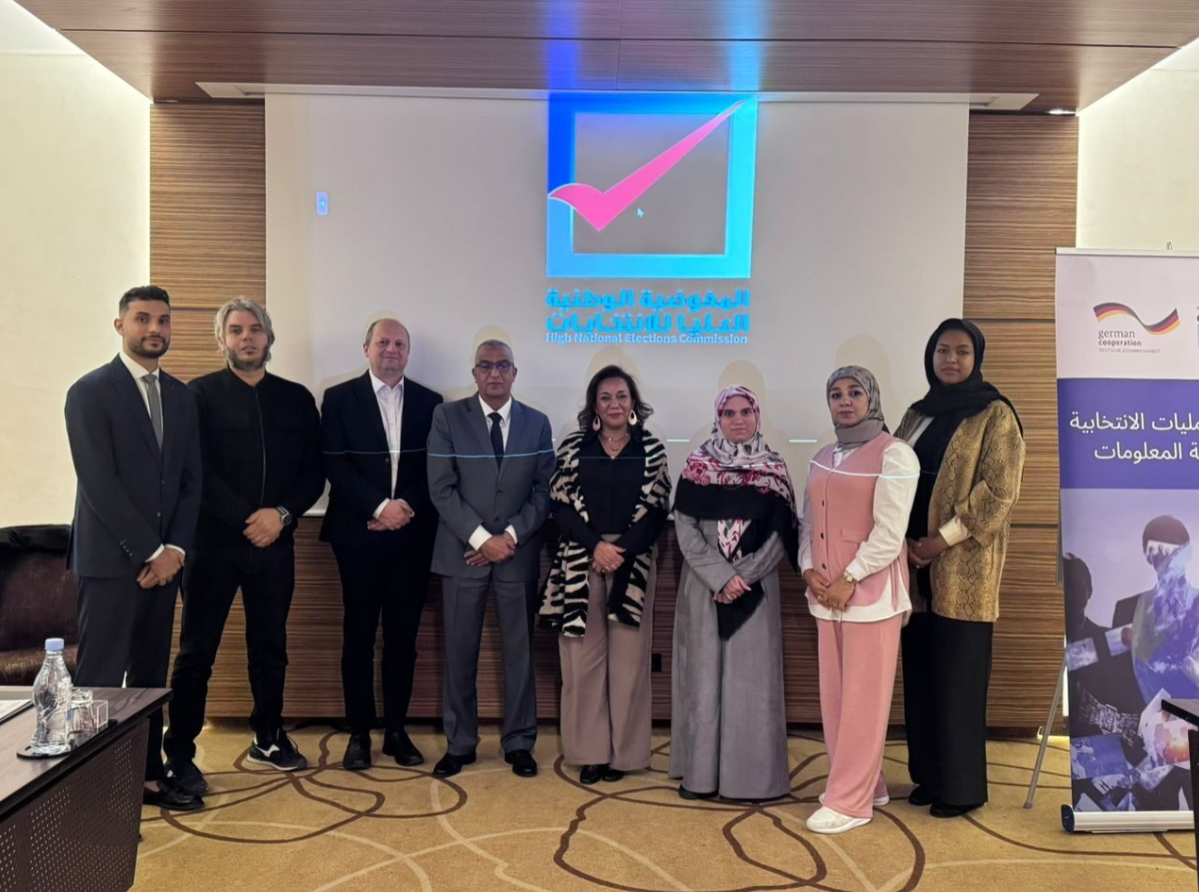Which traits make a civil society organization an electoral activist?

The third webinar of the Democratic Development in Melanesia Webinar Series was held on 24 June 2021 on electoral activism by civil society organisations using the experiences of Indonesia and the Philippines as examples.
Civil society organisations (CSOs) in the Melanesian region--Fiji in particular--have over the past several years shown keen interest in elections. International IDEA notices that many of these CSOs are not specialized in political and electoral reforms, which is not unusual. However, should any CSO were to get involved in electoral reform advocacy or observation, regardless of its core business, it needs to follow certain behavioural traits. The webinar was designed with the thought that the CSOs could be encouraged by their Asian peers on how to become effective electoral activists, in addition to other great work that CSOs do.
The two speakers in the webinar were Titi Anggraini, Board Member for Perludem (Association for Election and Democracy), a CSO based in Indonesia. The second speaker was Luie Tito Guia, a former Election Commissioner in the Philippines and co-founder of the Legal Network for Truthful Elections (LENTE) - a Philippine CSO specialising in electoral reform advocacy and election observation.
What makes a CSO an effective electoral activist?
In her presentation, Titi Anggraini emphasised that being an electoral activist is different from being a political observer. The opinions delivered in the electoral advocacy work is based on data (data activism) and not observations. She further added that at Perludem, the activists operate in a non-partisan manner, which in their case means not providing support for and on behalf of any election candidates or political parties. Consistency and persistence are also important in electoral activism. CSOs need to be consistent with their work because it takes time to get reforms done and persistence will help them endure the test of time. Lack of persistence may mean that sometimes, leading CSO activists abandon their electoral activism and accept the offer to join political parties or be part of the government in power. The main challenges faced by Titi in her work are accusations of being a collaborator of foreign interests by accepting foreign aid funds, lack of funding and organizational sustainability, ‘Zoom’ hacking and attacks on social media. CSOs, therefore, need to be conscious of and accept the condition that entering politics is frowned upon for electoral reform advocates representing civil society.
What is the ideal relationship between CSOs and electoral management bodies?
In the webinar, Luie Guia shared his views on what is the ideal relationship between CSOs and electoral management bodies (EMBs) based on his collective years of experience in both his role as a CSO advocate and as an Election Commissioner. Fostering mutual understanding is a key to a successful engagement between CSOs and EMBs. According to Luie, this can be achieved if both parties can realize the common societal objectives in their work which are “free and fair elections, honest orderly and peaceful election, inclusive transparent and accountable elections and genuinely democratic elections”. Luie further added that both parties should accept and recognize each other’s respective roles so that better understanding can be fostered. Titi Anggraini said that in Indonesia CSOs, parliament, government and EMBs have a constructive relationship. Such positive relations and cooperation with the EMBs have helped Perludem in effectively carrying on its electoral advocacy work.
CSO Coalition for electoral reforms
Collaborative dialogue and communication among CSOs are particularly important to build a broad CSO coalition around electoral reform. Responding to a question from a participant, Titi acknowledged that based on her experience this is not easy to achieve. Having goodwill and trying hard not to follow each organisation’s ego is the main basis to form a strong coalition. She further revealed that the support from senior activists, university academics, progressive community and religious leaders as well as international organisations helps form coalitions. According to Luie, fostering mutual understanding is another key element in the formation of CSO coalitions. If the CSOs have a common goal, then working together will be achievable and effective. Another webinar participant, Suherman Herman said that democracy and elections are now international issues and he hoped that in future the democratic guard institutions must continue to exist and support each other.
